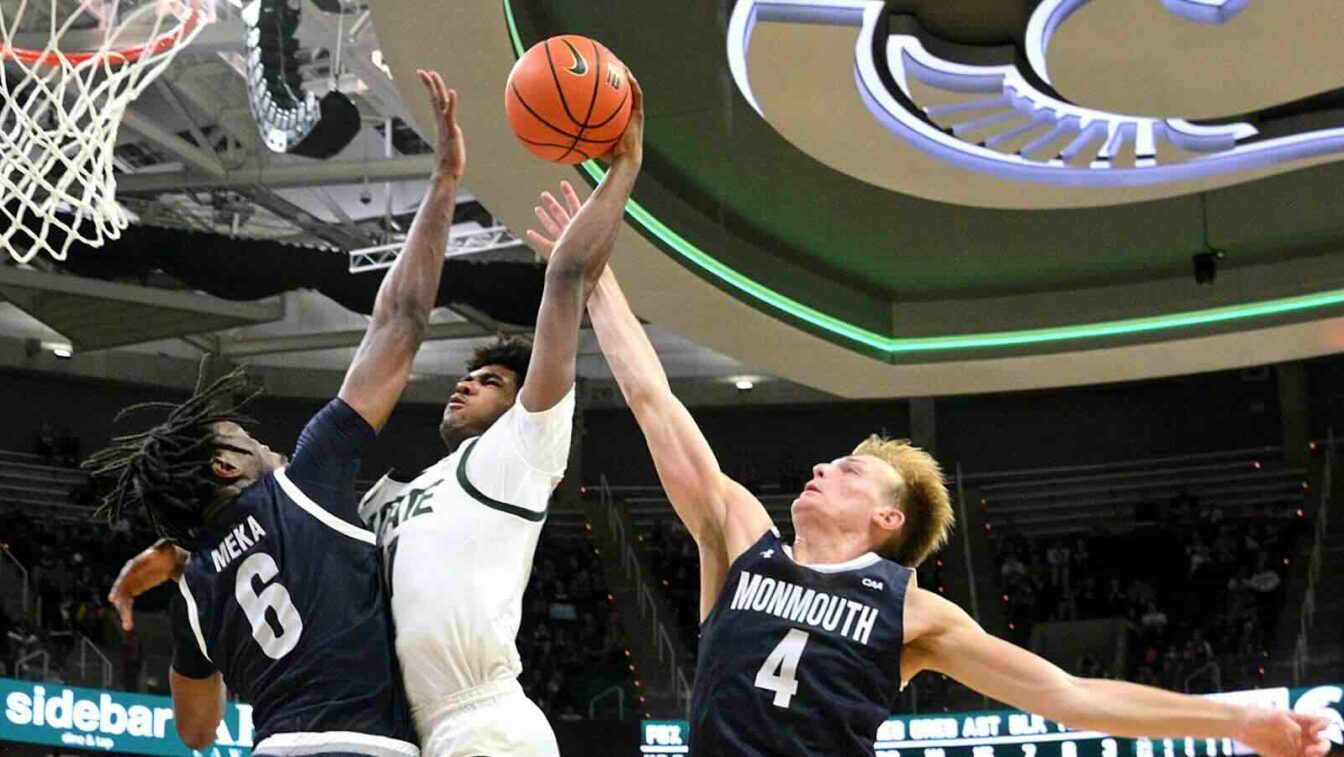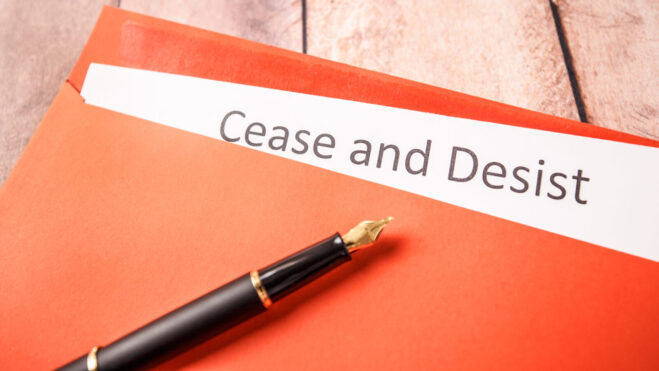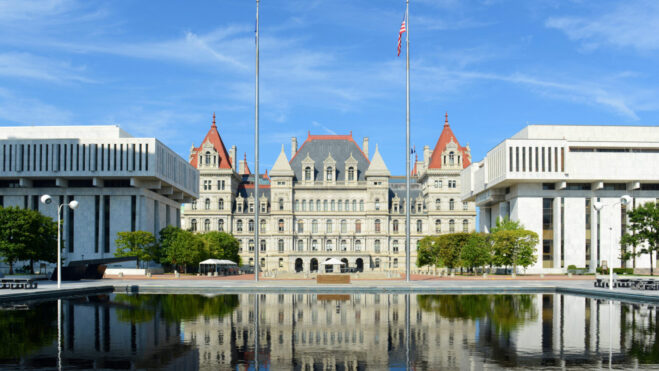Wyoming Gaming Commission Adopts New Rule To Combat Athlete Harassment
A wave of abuse by bettors has Wyoming taking the lead and banning them from betting
2 min

The Wyoming Gaming Commission voted unanimously on Friday to change its rules to address the growing problem of athlete harassment tied to sports betting. Under the new policy, individuals found guilty of harassing athletes, coaches, officials, or others associated with sports events will be added to the state’s involuntary exclusion list, effectively banning them from placing bets within Wyoming.
The decision follows months of discussions and aligns with a broader push by the NCAA and other sports organizations to curb abuse fueled by sports betting.
The rise of legalized sports betting across the U.S. has brought unintended consequences, including a surge in harassment aimed at athletes and officials. This trend has drawn national attention as players, particularly young athletes, have increasingly been subjected to threatening messages and personal attacks after games.
Wyoming’s decision is part of a wider effort to address these concerns. During discussions in July, commissioners acknowledged the NCAA’s advocacy for measures to protect players. The new rule aims to serve as a deterrent by ensuring individuals who engage in harassment face significant consequences, including losing access to legal betting platforms.
Notable incidents of harassment
Recent high-profile incidents underscore the urgency of tackling this issue. In one case, then-University of Dayton basketball player Mike Sharavjamts received hateful and threatening messages after his team failed to cover the spread in a 2023 game.
The harassment, which came via social media, included derogatory slurs and explicit threats, leading to heightened concerns about the safety and mental well-being of athletes.
A recent analysis conducted for the NCAA highlights that harassment from “angry sports bettors” is one of the most frequent forms of abuse directed at college athletes. It accounts for at least 12% of abusive content publicly posted on social media, according to the analysis.
The NCAA collaborated with data analytics firm Signify Group, which examined social media activity linked to over 3,000 college athletes, around 500 coaches, 200 officials, and 165 teams. Other common types of harassment identified in the study included sexual abuse, racism, and homophobia.
During the analysis, 743 abusive or threatening posts specifically mentioning gambling or allegations of match-fixing were flagged. Of these, 73% occurred during March Madness, the nation’s most wagered-on annual sporting event. Additionally, the study found that female athletes faced roughly 59% more abusive messages than their male counterparts.
The NCAA clarified that the analysis only captured threats made publicly, not private messages. According to Signify’s leadership, private communication likely includes even more severe harassment.
Broader research by Signify on social media abuse across global sports revealed that “angry bettors” are responsible for up to 45% of harassment surrounding certain major tournaments, indicating that this issue extends beyond college sports.
Notably, tennis pro Caroline Garcia said through her social media accounts that she was targeted after her unexpected exit during the first round of the U.S. Open in August.
Sports betting has grown rapidly in the U.S., with more than 35 states legalizing it since the Supreme Court struck down the federal ban in 2018. While the industry generates significant tax revenue and engages millions of fans, it has also introduced new challenges, including the need to safeguard the integrity of sports and protect athletes.





